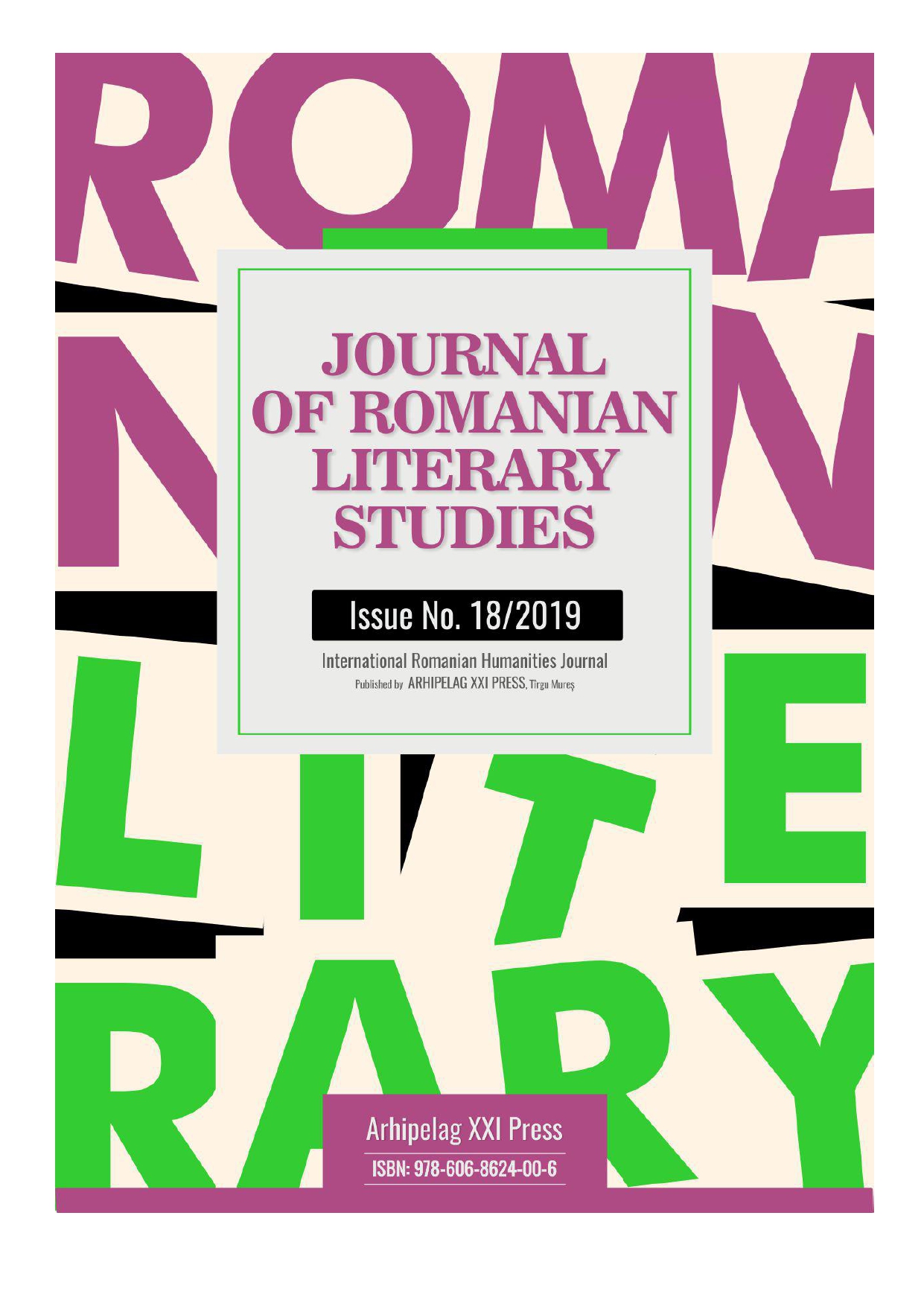THE ROLE OF COMPARISON AND METAPHOR IN THE BACOVIAN POETRY
THE ROLE OF COMPARISON AND METAPHOR IN THE BACOVIAN POETRY
Author(s): Elena-Alexandra CosteaSubject(s): Poetry, Romanian Literature, Philology, Theory of Literature
Published by: Editura Arhipelag XXI
Keywords: metaphor; comparison; lead; autumn; spring;
Summary/Abstract: Comparison is one of the common style figures in both everyday and literary speech. Among the terms of comparison, equivalence is almost always approximate. The comparison results from a concurrent act of simultaneous or alternate execution of the two terms, thus revealing the similarities between them. Unlike other contemporary poets (Arghezi, Blaga, Pillat), where the comparisons are abundant, in Bacovia they are numbered. Attracted by a magnet, the words chosen by the poet are useful and invested with totally new features that shine in a special way, Bacovian. Our great past poets, starting with Grigore Alexandrescu and Vasile Alecsandri, then continuing with Mihai Eminescu, Alexandru Macedonski, George Coşbuc, Octavian Goga, Lucian Blaga, Tudor Arghezi, etc., used some, to a large extent, the comparison. At each of them appear original aspects, their own style and their poetic vision. In Bacovia, the word in general, comparisons are especially the most common, according to its aesthetic vision. Thus, by its specific gravity, lead may suggest the sadness of the soul to which the artist is subjected and, in general, the intellectual thrown into a deserted city of old, a ravine, dirty stump, what is the case of Bacovia himself.
Journal: Journal of Romanian Literary Studies
- Issue Year: 2019
- Issue No: 18
- Page Range: 877-886
- Page Count: 10
- Language: Romanian

